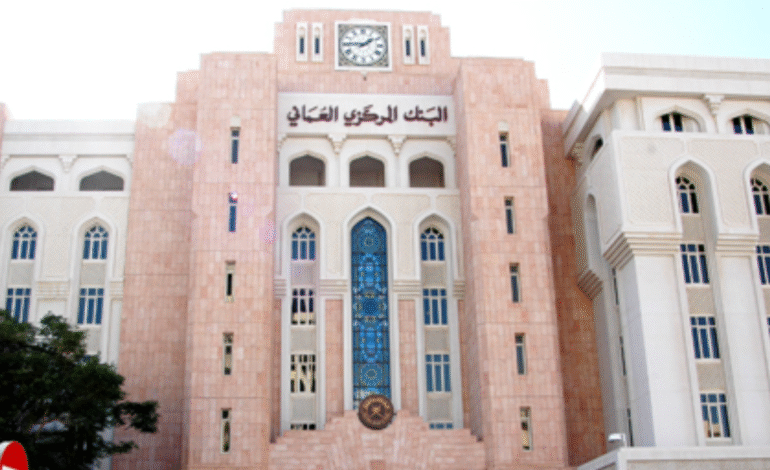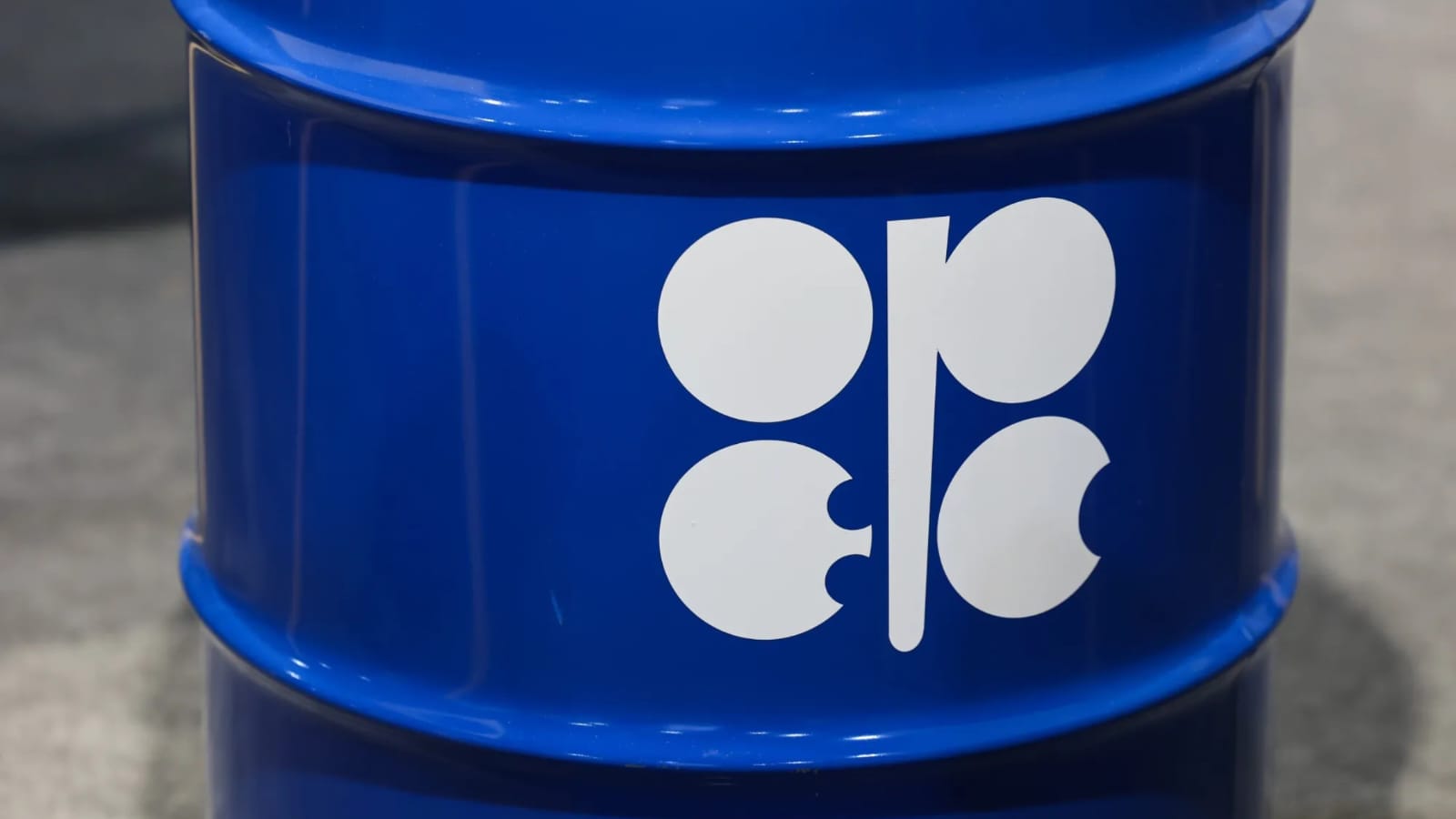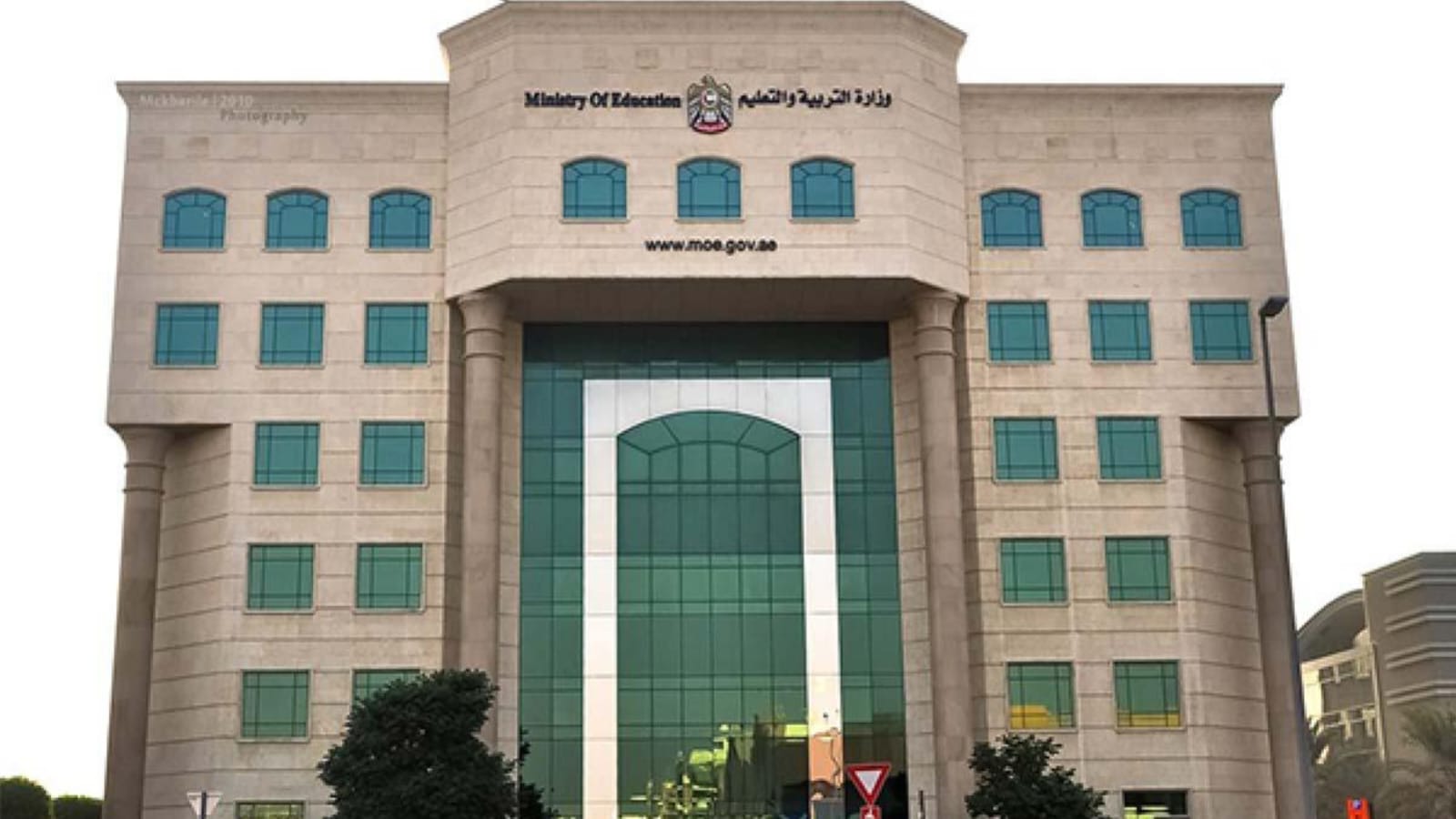Oman Central Bank Unveils Sharia-Compliant Liquidity Tools for Islamic Banks

The Central Bank of Oman (CBO) has launched a new electronic system to support Islamic banks with Sharia-compliant liquidity tools. This move marks a major step forward for the Sultanate’s Islamic finance sector and strengthens its role in the Middle East.
The system, announced by the Oman News Agency (ONA), has been reviewed and approved by the CBO’s Supreme Sharia Supervisory Authority. It follows both regulatory rules and Islamic Sharia principles, making it a trusted solution for financial institutions.
In its first stage, the platform introduces two instruments:
- Qard Hasan (benevolent loan)
- Restricted Mudaraba
These instruments will allow banks to manage liquidity in Omani rials while keeping operations fully Sharia-compliant.
Through the system, the CBO provides liquidity against Islamic securities, while banks invest the money in approved Sharia-compliant instruments. The platform will also help issue Islamic treasury bills and sukuk, and later include tools to manage excess liquidity.
A First in the MENA Region
The Central Bank of Oman has highlighted that this system is the first of its kind in the Middle East and North Africa (MENA). By launching it, Oman is offering Islamic banks a wider set of tools that match their values and needs.
CBO officials explained that the system will support both monetary policy and fiscal policy in the Sultanate. For banks, this means better liquidity access without going against Sharia principles. For Oman’s economy, it means a stronger and more stable financial sector.
Another highlight is the system’s integration with Oman’s financial market infrastructure. It connects with the real-time gross settlement system and the clearing services of the Muscat Clearing and Depository Company. This ensures transactions are fast, safe, and transparent.
The Two Instruments in Focus
Qard Hasan – The Benevolent Loan
The Qard Hasan is a non-profit loan. The Central Bank provides liquidity to Islamic banks, which later repay the amount without interest.
This instrument is vital because it prevents banks from using interest-based loans, which are not allowed under Sharia. It helps banks meet sudden liquidity needs while staying compliant with Islamic values.
Restricted Mudaraba – Profit Sharing
The restricted Mudaraba is an investment contract. The Central Bank provides funds, and banks act as managers by investing the money in Sharia-compliant projects.
Profits are shared based on agreed ratios. This instrument not only supports liquidity but also encourages investment in ethical, Sharia-based assets, promoting long-term stability.
Future Phases: More Tools for Growth
The first stage is only the beginning. The Central Bank of Oman plans to expand the platform with more Sharia-compliant instruments, such as:
- Islamic Treasury Bills: Safe, short-term investment options for Islamic banks.
- Sukuk (Islamic Bonds): Longer-term financial instruments that help fund government projects.
- Liquidity Absorption Tools: Mechanisms to manage extra liquidity in the banking system.
These additions will create a full system of Sharia-compliant liquidity management, matching the scope of conventional banking tools but within Islamic rules.
Building on Previous Initiatives
This launch is not Oman’s first step in Islamic banking innovation. In December 2022, the Central Bank introduced a US dollar investment instrument that was fully Sharia-compliant.
That move proved Oman’s commitment to offering Islamic banks modern solutions. The new liquidity system builds on that success by focusing on Omani rial liquidity.
It shows that the CBO is committed to building a strong Islamic banking framework that supports both local and international needs.
Oman’s Role in the Growing Islamic Finance Market
Islamic finance is growing fast across the world. In the MENA region, countries like Saudi Arabia, the UAE, and Bahrain have built strong Islamic banking systems. Oman, though a newer player, is quickly catching up.
The launch of this system places Oman in a stronger regional position. It also adds value to the global Islamic finance industry, which experts predict will grow beyond $4 trillion by 2026.
By creating unique solutions, Oman shows its ambition to be a serious hub for Sharia-compliant finance.
Why Liquidity Management Is Crucial for Islamic Banks
Liquidity management is essential for all banks. They need to ensure that funds are available to meet daily obligations.
For Islamic banks, this is harder. They cannot use traditional interest-based tools like treasury bills or repo agreements. Without alternatives, they risk shortages that affect financial stability.
The new system solves this challenge. It offers Islamic banks in Oman safe and compliant ways to manage their liquidity needs. This makes the financial system more stable, flexible, and resilient.
Impact on Investors and Oman’s Economy
This initiative is not only useful for banks. It also benefits investors and the wider economy.
By creating sukuk and treasury bills, the platform gives investors more ethical and Sharia-compliant opportunities. This can attract international investors who are interested in Islamic finance.
For Oman, the result will be deeper financial markets, stronger investor trust, and more support for government projects. The wider economy gains from improved financial stability and better access to capital.
A Clear Step Toward Oman’s Vision
The Central Bank’s move fits with Oman’s larger economic plans. As the country works to diversify its economy and strengthen its financial sector, Islamic banking plays a major role.
By offering tools that meet global standards while respecting Sharia, Oman is showing leadership in financial innovation. This step also supports the Sultanate’s aim to be a key part of the international Islamic finance network.







